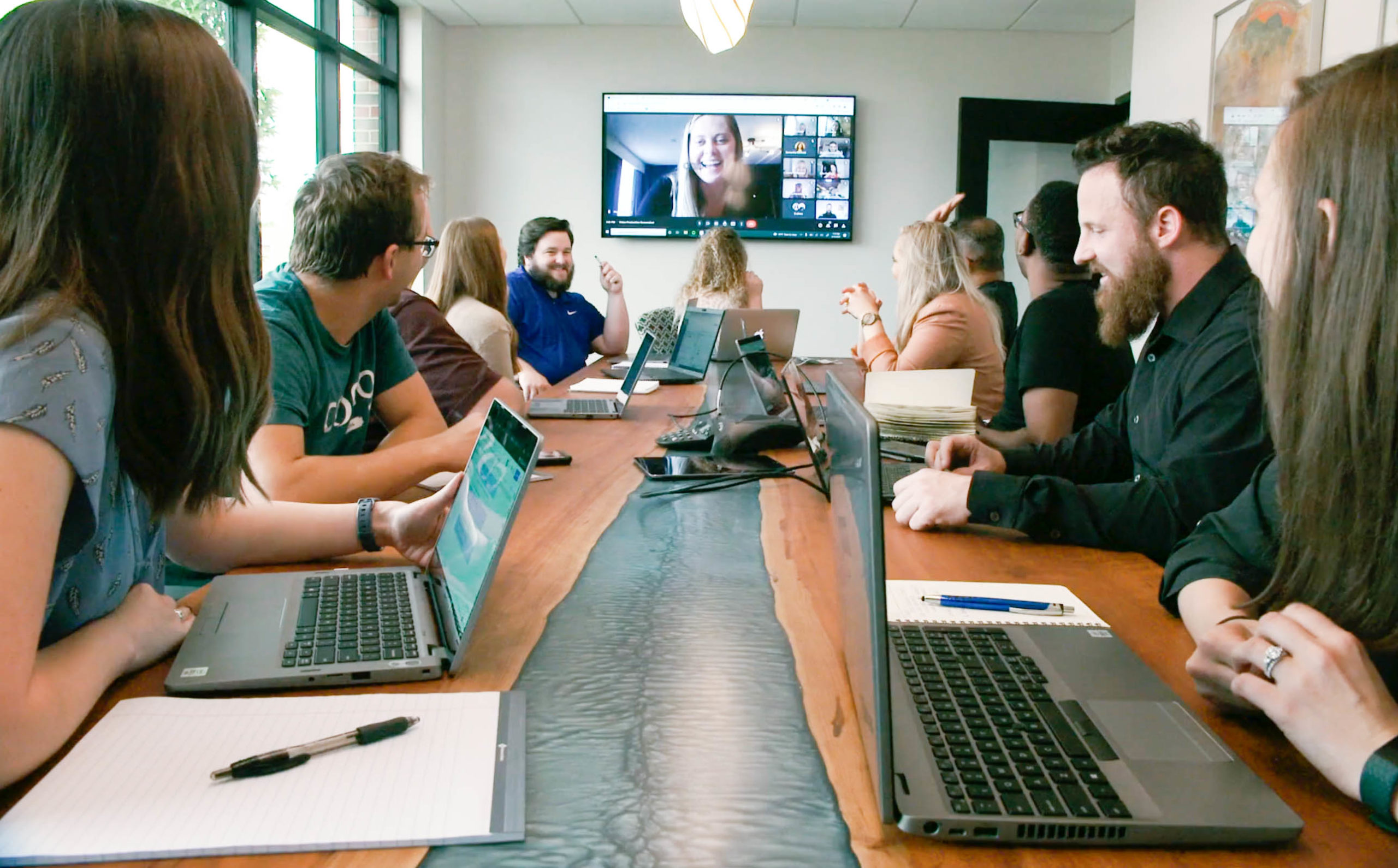When I started working in search marketing, I thought AI would be a helpful tool – something that could speed up keyword research, generate ad copy ideas, and streamline campaign planning. But I didn’t anticipate the AI impact on search marketing would be so disruptive. Today, AI tools like ChatGPT and Claude aren’t just enhancing campaigns—they’re becoming direct competitors, quietly siphoning off traffic that once belonged to paid search.
But that’s exactly what’s happening. Users are bypassing Google and Bing entirely, turning to ChatGPT, Claude, and other AI tools for the same queries that once drove traffic to our carefully crafted search campaigns. And if you’re a marketing decision maker who hasn’t yet grappled with this shift, you’re already behind.
The landscape of paid search is evolving faster than most marketers realize, and the implications go far beyond what shows up in your current performance dashboards.
How Search Behavior Is Actually Changing
Here’s what I’m seeing: users are gravitating toward AI tools because they provide longer, more detailed answers that are easily digestible. Instead of sorting through multiple links on a search results page, they get almost immediate, comprehensive responses that they can build into conversations.
I use ChatGPT this way myself, primarily for comparing products and planning trips. I’ll ask it to compare different software options or investigate areas I want to explore on vacation, using that same comparative methodology that used to require multiple Google searches.
The key difference? AI tools encourage conversational interactions. Users can dive deeper at a quicker pace than they can on regular search engine results pages. What used to be three separate searches – initial research, comparison, and detailed investigation – now happens in one flowing conversation.
ChatGPT: Both Competitor and Complement
Currently, I see ChatGPT and similar tools playing a dual role in search behavior. Sometimes users find information on Google, but then take it to ChatGPT to help organize, summarize, or format what they’ve discovered. That’s the complementary side.
But increasingly, users are bypassing search engines altogether and going straight to AI tools because they can get fast, detailed answers that are more convenient than traditional search results.
This creates a fundamental challenge: when users never reach the search results page, they never see our ads.
The Measurement Problem We Can’t Ignore
Currently, it’s very challenging to track search traffic within ChatGPT or measure brand visibility in these tools. When your brand gets mentioned in an AI response, there’s no guarantee a link will be provided alongside those results. Users aren’t visiting brand sites directly from AI tools, and these platforms aren’t set up with any tracking that we can easily access.
This creates a blind spot in our attribution and reflects a broader AI impact on search marketing—one that’s hard to measure but impossible to ignore.We might be losing influence and traffic without even knowing it, because our traditional analytics can’t capture what’s happening in AI conversations.
It’s tough to point to specific indicators that traffic is meaningfully shifting from traditional search to conversational AI, but I think Google and Microsoft rolling out their AI overviews within their search engines over the last year is a large enough indicator that there is a meaningful shift happening.
How Google’s Gemini Is Changing the Game
Google’s own AI integration, Gemini, provides more of a summarized, lengthy response before giving the list of links that users are accustomed to seeing in search results. This allows users to save time by not clicking around on the search results page – they get detailed answers quicker.
But this creates a real problem for the ways we’ve historically evaluated paid search ad performance. Clicks could be going down because Gemini’s overview summaries reduce the number of clicks users typically take. Even when you’re running successful campaigns, fewer users may be reaching your ads because their needs are being satisfied by the AI summary above.
It’s time to rethink your traditional paid search strategy.
The biggest opportunity lies in shifting away from traditional search campaigns and looking at Performance Max and Demand Gen campaigns. These campaign types extend beyond keyword-based targeting and can reach users across Google’s entire network—catching them even when they bypass traditional search results.
Where Brands Can Start Right Now
Even if you’re not ready to overhaul your entire strategy, there are meaningful steps you can take immediately:
Conduct an AI audit of your brand. Get familiar with AI tools and ask them questions related to your brand and market. See how you appear compared to competitors in these responses.
Optimize your content for AI citation. Ensure you have pages on your site that are clear, concise, and include answers to frequently asked questions. AI tools are more likely to reference well-structured, authoritative content.
Establish presence in AI reference sources. Look at Reddit, Quora, and other forum sites where AI tools typically pull their information. Make sure your brand has a positive presence in your market or niche.
What I’m Watching Closely
The reality is that the AI impact on search marketing is already underway.Users have quietly migrated to AI tools for research and decision-making that once happened through traditional search. While we’re still early in understanding the full implications, waiting for perfect clarity means missing the opportunity to adapt while your competitors scramble to catch up.
Over the next six to twelve months, I’ll be looking closely at how AI tools for Google and Bing develop, and whether ad capabilities will be added to these platforms. The integration of advertising within AI responses seems inevitable – the question is when and how it will happen.
I’m also curious whether AI tools will add tracking abilities for search traffic. The current measurement blind spot won’t persist forever, and brands that understand these platforms early will have significant advantages when better attribution becomes available.
At Coegi, we’re helping brands stay visible in this changing landscape through comprehensive AI audits. We analyze how brands appear within AI tools, compare their visibility to competitors, and identify specific opportunities for improvement.
We also ensure brands are inserting themselves into the reference sources that AI tools draw from, whether that’s review sites, forums, or other platforms where authentic discussions about their industry happen.
Ready to understand how AI tools are affecting your brand visibility? Let’s discuss a comprehensive audit that reveals exactly how your brand appears in these new search environments and what you can do to maintain influence as customer behavior evolves.
The change is happening whether we adapt or not. The question is whether you’ll be ahead of it or behind it.






